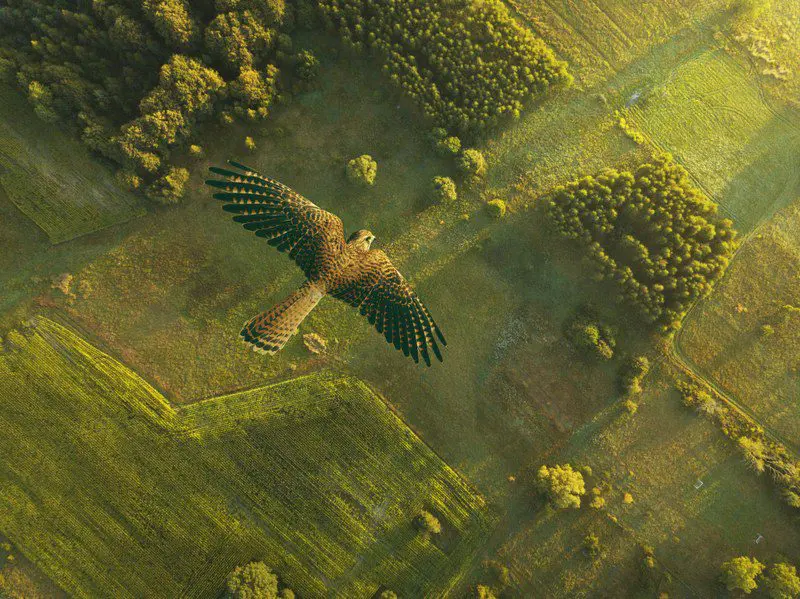European nature is not in a good state and it has shown few signs of improvement over the past years. According to European Environment Agency’s (EEA) briefing, published today, restoration efforts and better ongoing management of ecosystems are needed to safeguard a range of benefits delivered by a healthy nature — to people’s health, food security and effective climate action.
The EEA briefing ‘The importance of restoring nature in Europe’ sums up key evidence on why European ecosystems are in urgent need of concerted restoration efforts both inside existing designated protected areas but also outside these spaces, such as in managed forests, agricultural lands, seas, and urban areas.
Restoring damaged rivers, lakes, wetlands, forests, grasslands, marine habitats and other ecosystems would not only improve the overall resilience and quality of nature in Europe, but would bring many broader societal benefits. For example, the health of habitats for pollinators, such as bees and beetles, is critical for long-term food security in Europe. The condition of forests and wetlands is vital for climate change mitigation, and healthy ecosystems also provide better protection from extreme weather events and pollution, the EEA briefing highlights.
However, despite commitments over several decades, EU Member States have not yet been able to achieve long-term policy targets on nature or change the overall negative trend of declining biodiversity, the EEA briefing reminds. To change this course, it is imperative to restore damaged ecosystems to a good state while also maintaining efforts to protect the healthy ones.
According to the EEA’s latest ‘State of nature in the EU 2020’ assessment, 81% of protected habitats, 39% of protected birds and 63% of other protected species are in a poor or bad state. Many cumulative factors contribute to the pressures on nature in Europe, including intensive agriculture, land take, pollution, unsustainable forestry and climate change.







